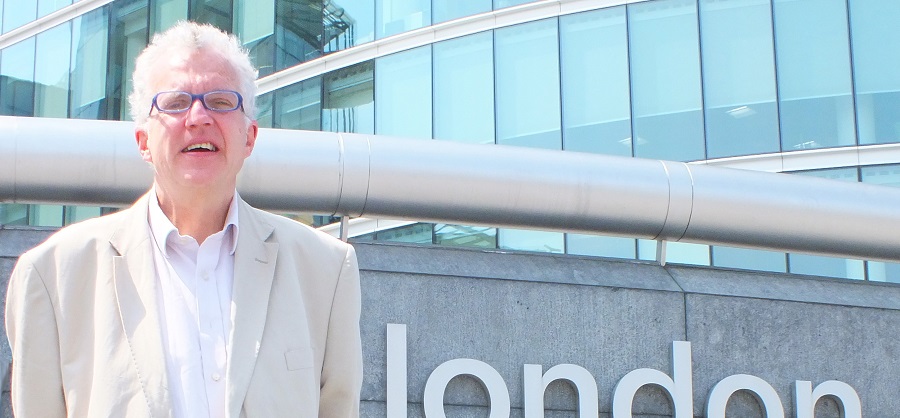Christian Wolmar
Train companies are expecting 400,000 people to travel into London by train for the Royal Wedding, far more than normal on a Bank Holiday. Many of those coming from afar will be enjoying the ride on what is rather confusingly called a High Speed Train 125 which provides the backbone of Britain’s intercity services. These diesel trains, which actually have a locomotive at both ends, are reliable and very popular, as they provide a comfortable ride with good seating and a spacious environment, but they are entering their fourth decade and need replacing.
The good news is that the Department of Transport is on the case. Last month Philip Hammond, the Secretary of State for Transport, confirmed that he was proceeding with the Intercity Express Project with, initially, an order 500 new coaches to be built by Hitachi to replace the ageing HSTs. More will follow. The innovatory bit of the project is that most of these new trains will be bi-mode – in other words, they will be capable of being powered by electricity or the huge onboard diesel engines.
The bad news is that nobody – and I have talked to dozens of people and so to repeat, nobody – in the rail industry thinks this is a sensible or workable idea except, of course, Hitachi, and a couple of civil servants in the Department. The idea was presented as a clever solution to deal with the fact that Britian has a lower proportion of electrified railways than any major country in Europe. So once the wires run out, at say Edinburgh or, as planned, Cardiff, the train will proceed using its powerful diesel engines.
There are far too many obvious objections to this cunning plan to list here. Suffice to say, it is expensive and environmentally perverse to be carrying around three heavy diesel engines each five car train set weighing 20 tonnes each for use on only small sections of the journey. The alternative of having diesel locomotives waiting at the changeover point, a common solution on railways across the world, was dismissed on the spurious grounds that it would take nine minutes to hook them up, whereas in truth it could be done in two or three. Moreover, as travellers on the uncomfortable Voyager trains used on Arriva’s Crosscountry services know only too well, having big diesel engines humming loudly underneath the floor does not make for a relaxed journey.
To call the plan a dog’s breakfast is to insult the makers of Pedigree Chum. This is a king size government procurement disaster, on a scale with the London Underground PPP or the PFI deals for hospitals, that will not only place an enormous burden on Britain’s taxpayers and rail passengers but make train travel less pleasant right up to the halfway mark of the present century. Europeans will laugh, again, at our incompetence. Oh, and yes, it is a PFI deal. In other words, the trains will be paid for by the hour, which supposedly puts the responsibilty for maintenance and breakdowns on the manufacturers but we all know that these arrangements end up being far more expensive than conventional deals.
Not surprisingly, a review by the former head of the Audit Commission, Sir Andrew Foster, found the whole exercise had been conducted with stunning incompetence by the Department, but his findings were ignored by ministers.
Mr Hammond has repeatedly said that civil servants are not the right people to specify new trains. Quite right, and yet this project has been drawn up by civil servants in the Department, with the help of a staggering £27m worth of consultancy bills. Time for Mr Hammond to act on his own advice and set up an independent rail agency staffed by railway professionals to procure railway equipment. They could start by ensuring the IEP order hits the buffer and just buy a few off the peg electric trains from major manufacturers. Simples.
